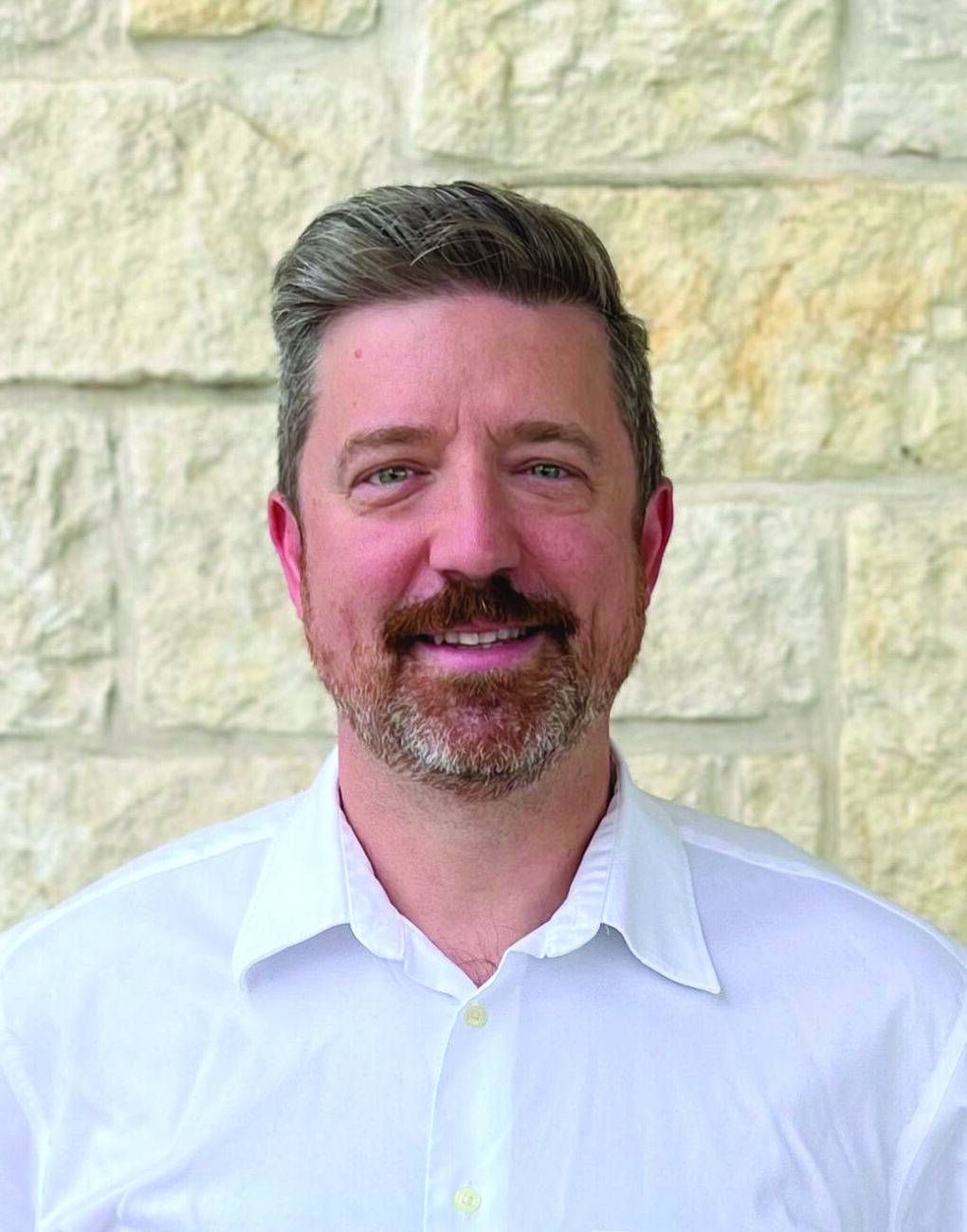Q. In your blog on Five Differences Between Perseverance of the Saints and Eternal Security, you said that salvation takes a “single act of faith.” Can you address“single act of faith”? I am trying to help people understand that faith is not a decision, and I am probably too pedantic about how we are describing believing in Jesus for eternal life.
A. Thanks for the opportunity to clarify. What does it mean to say that the condition of salvation is “a single act of faith”? Why do I characterize it like that? Here are five reasons.
First, to believe is a verb (pisteuo). Verbs are action words; that’s why I characterized the condition of salvation as an act of faith. We are repeatedly told in Scripture that the one condition to have eternal life is to believe in Jesus (e.g., John 3:15-16, 36; 5:24; 6:47; Gal 2:16; Eph 2:8-9).
Second, believing is an act of the mind (or its synonym, the heart). You do not believe with your arms, or toes, or lungs. You believe with your mind. “Be transformed by the renewing of your mind” (Rom 12:2). Believing is a mental action that begins with understanding and concludes with assenting—that is, by being persuaded that something is true. For example, Abraham was justified after hearing God’s promise, and he became “fully convinced that what He had promised He was also able to perform” (Rom 4:21). Some people will disparage “mental assent” as not being sufficient for eternal salvation. In my experience, that is usually because (1) they have redefined faith to include doing good works; or (2) they have redefined faith as an existential encounter; or (3) they do not distinguish between believing the promise of eternal life and believing “historical” truths; or (4) they do not understand that the power of salvation comes from the object of your faith, not from your faith itself. Some people dismiss this position as believing in “mere intellectual assent.” The word “mere” is a pejorative, meaning “the smallest or slightest,” “being of scant sufficiency,” or “being nothing more nor better than.” And that’s the point. The power and the glory of salvation belong solely to Jesus, not to you, which is why salvation is through “merely” believing in Him.
Third, eternal salvation takes a single act of faith. That is, you do not need to believe for five minutes, five days, or five years to be saved. Jesus gives you eternal life the second you believe in Him for it. The fact that salvation only requires a single act of faith is confirmed by Jesus’ illustrations of believing in Him. The Lord compared saving faith to physical birth, to the Israelites looking at the bronze serpent to be healed, to taking a drink of water, or to eating a piece of bread. Those are all examples of things that happen in a moment, not over a lifetime. Likewise, the Biblical examples of individual salvation all show that it occurs in a moment—think of Abraham (Gen 15:6), the Ethiopian Eunuch (Acts 8:26-40), the Proconsul (Acts 13:6-12), and the Philippian jailer (Acts 16:25-34). They were saved in a moment, because salvation requires a single act of faith, not continuous faith. (For more information on why salvation does not require a continuous act of faith, see here and here).
Fourth, believing is not a choice or a decision. In philosophy, that is called the debate over “doxastic voluntarism.” Philosophers rarely agree on much, but I’ve found that most agree you cannot directly choose your beliefs. For example, Alvin Plantinga used the example of looking in his backyard and seeing a tree: “The fact is, beliefs of this sort are not under our voluntary control. We don’t will to form them. It’s not as if, when I look out into the backyard, I am appeared to in that familiar fashion, and then choose to believe that there is a tree there. I don’t choose between believing this and not believing it: I just find myself believing. In the typical case, what I believe is not under my control; it really isn’t up to me.” (Plantinga, Knowledge and Christian Belief, 16). To see if Plantinga is right, try this experiment—for the next five minutes, choose to believe that you’re a dolphin swimming off the coast of Nova Scotia. You can’t do it, can you? You can imagine what that is like, but you can’t choose to believe it. That’s why most philosophers deny direct doxastic voluntarism. Instead, what seems to be the case is indirect doxastic voluntarism; that is, you can indirectly influence what you believe through your choices. For example, if you walk into a dark room when the lights are off, you can’t choose to believe that they’re on. However, you can choose to influence your beliefs by flipping on the light switch. Then, after the lights turn on, you’ll form the belief, “The lights are on.” That kind of indirect influence also holds true for the saving message. “Decision theology” is wrong because you cannot choose to believe. After hearing the promise of life and the command to believe, you’ll either be persuaded or not. However, you can indirectly influence your beliefs by choosing to seek out the truth, to pray to God, to read your Bible, to attend church, to listen to apologists, and to otherwise put yourself in front of evidence that will persuade you to believe in Jesus. On the other hand, a sinner can choose to avoid church, to never read the Bible, to never listen to a preacher, or to never seek the truth, so as to never encounter evidence that will convince him to believe in Jesus. So, while faith is not a decision, you can indirectly influence your beliefs through the decisions you make.
I hope that helps explain why I said that salvation requires a single act of faith in Christ.





